The first part of the article is here.
The Post-Liberal Era
We appear to be entering a post-liberal era. However, this epoch does not conform to Marxist or communist expectations. For one, the global socialist movement has disintegrated, and its bastions —such as the USSR and China—have abandoned orthodox forms of socialism, adopting liberal models to varying degrees. Secondly, the collapse of liberalism is driven not by socialist materialist ideologies but by traditional values and deep-rooted civilizational identities.
Humanity is transcending liberalism not via a socialist-materialist-technological phase, but through the revitalization of cultural layers that Western modernity had once deemed obsolete or extinct. This represents a return to pre-modern values rather than postmodernism, which ultimately stems from Western modernity. Post-liberalism stands in stark contrast to the left-progressive vision; Post-liberalism brackets the era of Western dominance in the modern age, viewing it merely as a temporary phenomenon, a stage that holds neither universal nor common attributes.
For over five centuries, Western hegemony has succeeded by attempting to universalize its norms, methods, and goals. However, this era has come to an end. Humanity is gradually reverting to conditions characteristic of the pre-Western age. Liberalism represents the final form of planetary Western imperialism, encapsulating all the principles of European modernity and pushing them to their logical extremes—gender politics, woke ideology, cancel culture, critical race theory, transhumanism, and object-oriented ontology.
The end of the liberal moment marks more than the end of liberalism. It signifies the end of Western dominance over humanity.
Hegel and the Liberal Moment
The term end of historyis closely tied to Hegel’s philosophy. Both Marx and Fukuyama borrowed the concept from Hegel (via Alexandre Kojève). However, both Marxists and liberals dissected Hegel’s philosophy their own way, omitting its theological foundation, namely, the idea of God as the beginning and end of history.
Hegel envisioned history as the unfolding of the Spirit (Geist), with liberalism as a transitional phase. In his view, the end of history would arrive when the Spirit fully manifests itself in a universal State. For Hegel, liberalism was merely a moment, an intermediary phase preceding the emergence of this higher state—the Empire of the Spirit.
Both Marxists and liberals dismiss this conclusion, viewing liberalism or its progression as humanity's final stage. By cutting out the theological foundation, they reject Hegel's notion of a transcendent end, replacing it with materialist endpoints such as civil society.
Postmodernism and Monarchy
In this context, monarchy assumes special significance—not as a relic of the past but as a vision for the future. Liberal democracy and the era of republics have exhausted themselves globally. Attempts at creating a global republic have utterly failed, and by January 2025, this failure will have been definitively confirmed.
What comes next? What will define the post-liberal era? This question remains entirely open. However, the very idea that the entire European modern project—its science, culture, politics, technologies, society, and values—was merely an episode with a humiliating and pitiful finale, which illustrates how unexpected the post-liberal future might be.
Hegel offers a clue: it will be the era of monarchies. Certain signs suggest that his complete (not truncated, as interpreted by liberals and Marxists) philosophy is not only insightful but prescient.
Modern Russia, while still formally a liberal democracy, has already embraced traditional values and is, in essence, transitioning toward a monarchy. A universally recognized leader, the continuity of supreme authority, and a reliance on spiritual foundations, identity, and tradition provide the groundwork for a monarchical transformation—not merely formal, but substantive. This entails not just a monarchy but an Empire of the Spirit, restoring the status of the katechon, the Third Rome, and the capital of Orthodox civilization. Historically and geopolitically, this also ties into the legacy of Genghis Khan.
The end of history will either be Russian, or it will not occur at all—for now. In any case, the liberal phase of Russian politics is irrevocably over, and the Russian premodernwill become increasingly relevant.
Other civilizational states are moving in the same direction. The Indian leader Narendra Modi is increasingly embodying the characteristics of a devarajaor chakravartin, the sacred monarch, reminiscent of the tenth avatar, Kalki, who is prophesied to end the dark age and usher in a new era—one that overcomes the liberal moment and restores India’s hindutva, its profound cultural identity.
In formally communist China under Xi Jinping, the traits of the traditional Confucian Empire are becoming ever more evident. Xi Jinping himself increasingly aligns with the archetype of the Yellow Emperor. Modern China has a solid foundation for advancing toward the status of Hegel’s Empire of the Spirit. Interestingly, Marxism may be instrumental here if it extends its truncated Hegelian interpretation to include its theological roots. In the beginning was God (perhaps Pangu), and in the end, there will be Tianxia (天下), the doctrine of the eternal sacred realm under heaven.
The Islamic world also requires integration, with the historical Abbasid Caliphate serving as a model for a 2.0 version. During the Abbasid era, Islamic civilization and statehood reached their zenith.
It is entirely plausible to envision an African Empire and a Latin American Empire. Notably, Brazil represents Latin America in BRICS, being the only former colonial territory to have briefly become the center, rather than the periphery, of a global empire—the Portuguese Empire.
Finally, consider the seemingly paradoxical turn in North American politics. American political philosopher Curtis Yarvin has long advocated for the establishment of a monarchy in the United States. Once considered a fringe idea, his views have recently gained traction, even influencing the future U.S. Vice President J.D. Vance. Why not imagine Donald Trump as a monarch—Donald the First? After all, there is Donald Trump Jr. and the promising young Barron Trump.
In the post-liberal world, anything is possible—even a monarchical turn.
An Open Future
The very term "liberal moment," upon closer inspection, holds enormous revolutionary potential in political thought. What was once considered destiny, inevitability, or a law of history is revealed as merely a pattern on a broader and richer tapestry. This realization opens up boundless freedom for political imagination. From now on, anything is possible: a return to the past, including the distant past; the restoration of sacred kingdoms, even imaginary ones; the discovery of uncharted paths; the excavation of forgotten identities; and the creative forging of new ones.
As soon as liberalism and its dogmas are abandoned, the world irreversibly changes. Instead of the grim prospects of human replacement by machines (Singularity), technological apocalypse, or nuclear Armageddon, new horizons emerge. From this point, humanity can move in any direction—the dictatorship of historical determinism has been overthrown. A plurality of times begins.
Hegel’s Empire of the Spirit and the establishment of new types of monarchies represent just one possibility—an attractive one, but not the only one. Surely, among the diversity of human civilizations, other ways will emerge to transcend the liberal moment.

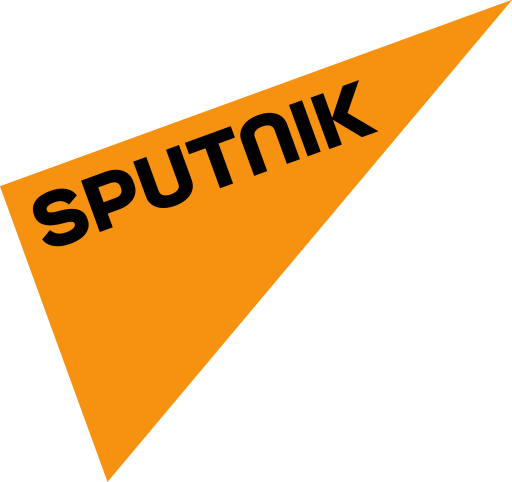 1 month ago
11
1 month ago
11
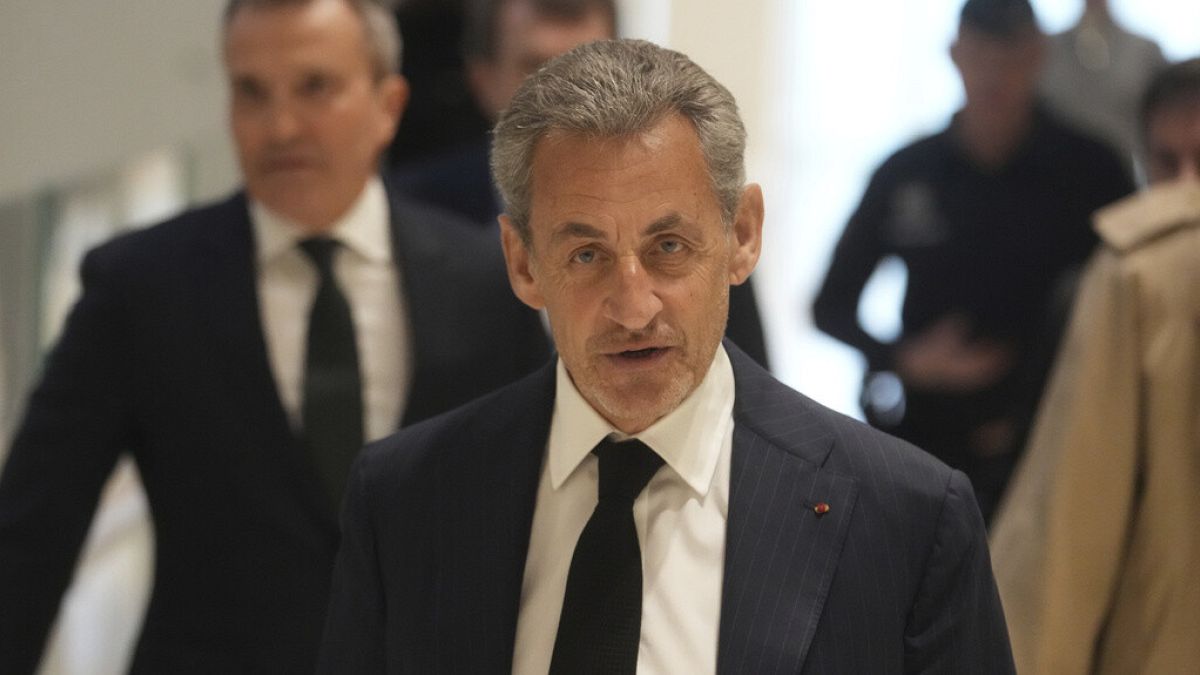
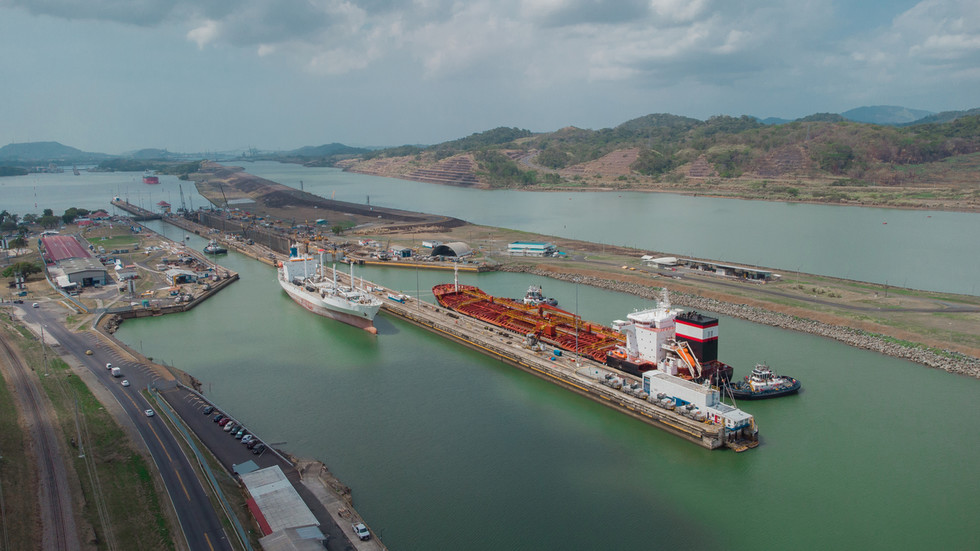
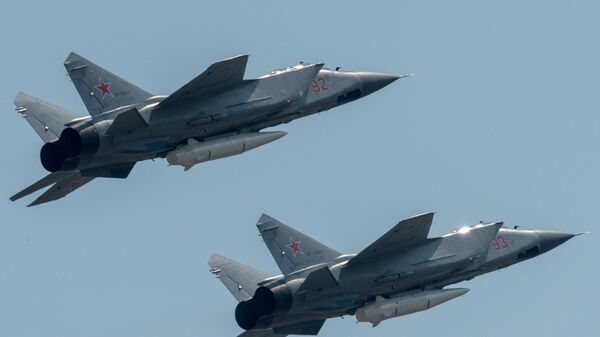
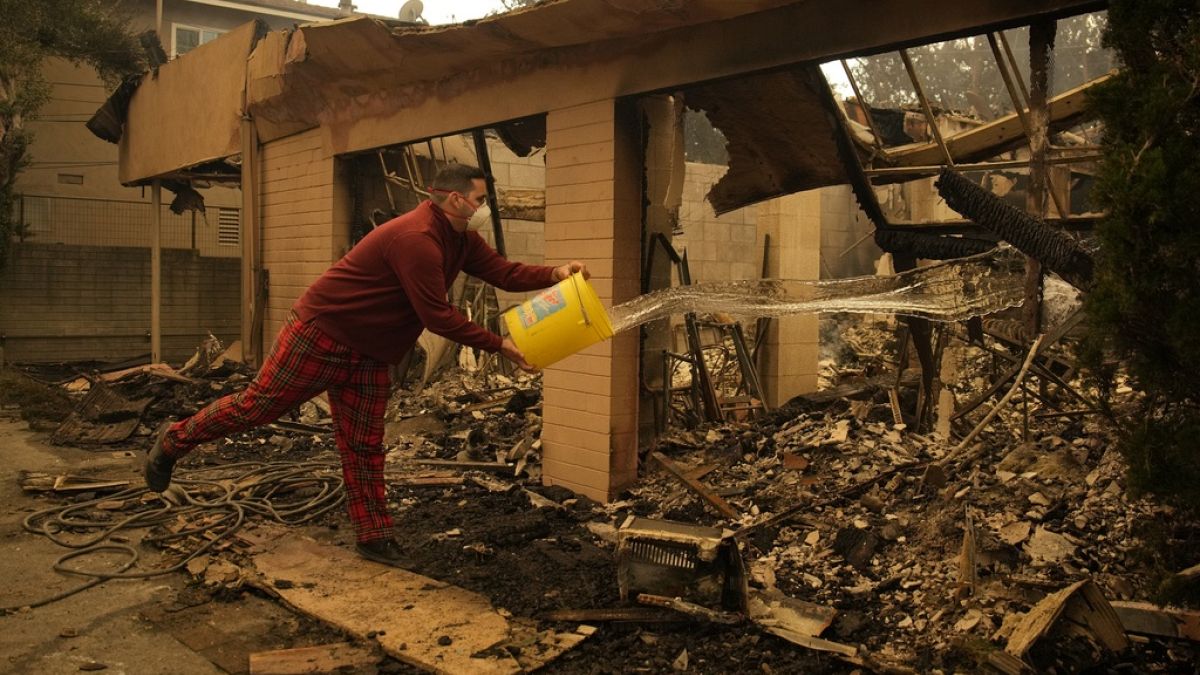
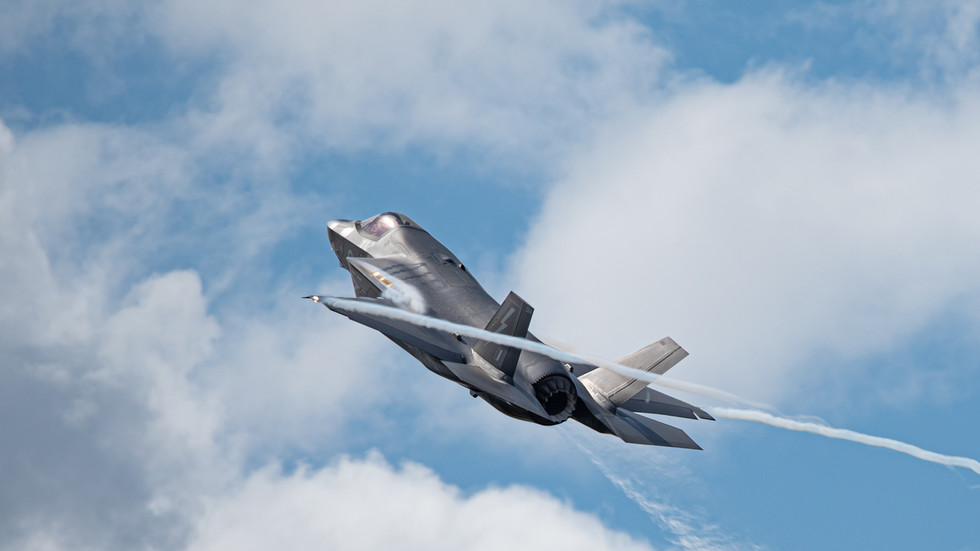
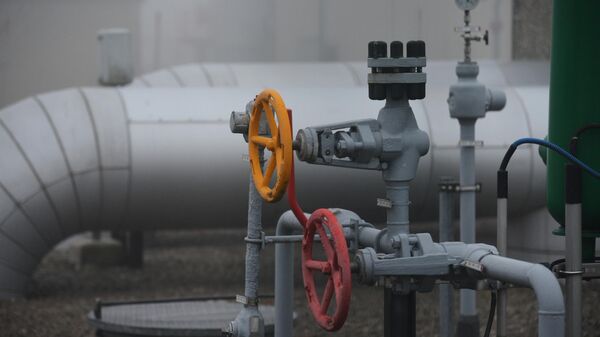
 We deliver critical software at unparalleled value and speed to help your business thrive
We deliver critical software at unparalleled value and speed to help your business thrive






 English (US) ·
English (US) ·